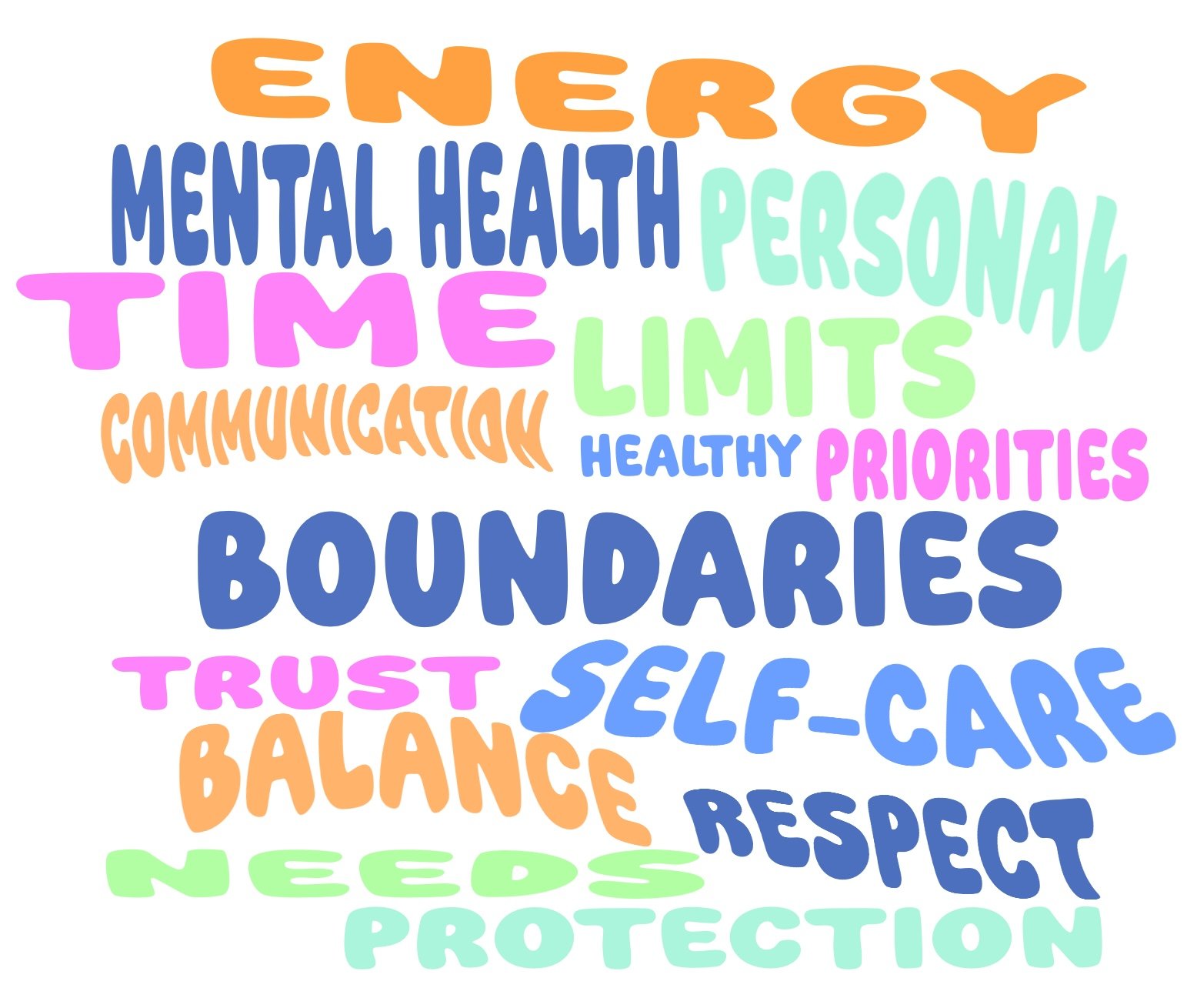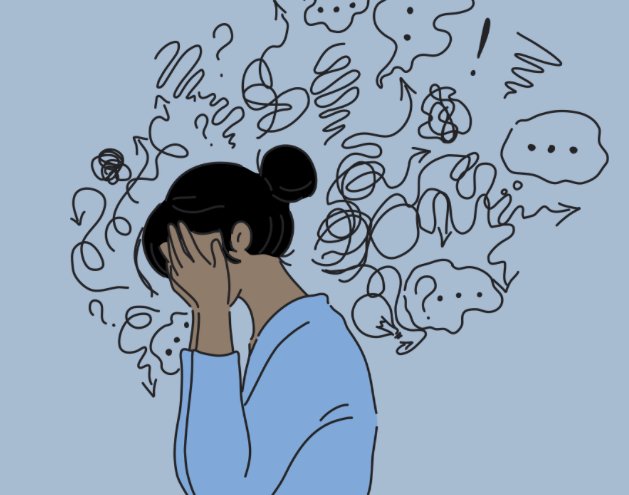
Understanding the Spoon Theory: A Powerful Metaphor for Chronic Illness and Mental Health
Living with chronic illness or mental health challenges is exhausting and hard to navigate. One tool that has provided validation and clarity for many is the Spoon Theory. Originating as a simple analogy, it has grown into a framework for communicating the realities of limited energy and the importance of managing it wisely.

Why Do I Feel Nauseous? Understanding The Connection To Anxiety And Trauma
Are you struggling with constant nausea? Feeling like no matter what you eat, it’s still there? Most people attribute the constant feelings of nausea to physical causes like having a food sensitivity or IBS. However, for many, the root of the problem is their mental health, oftentimes overlooked by doctors.

Building a Secure Attachment Style: The Foundation for Healthier Relationships
Attachment styles are the blueprint for understanding how we connect, communicate, and form bonds with others. Our attachment style is shaped from our earliest experiences with parents or caregivers and impacts our relationships with others as adults. The four main attachment styles include: secure, anxious, fearful avoidant/disorganized, and dismissive avoidant. The goal is to reach a secure attachment that fosters trust, intimacy, and emotional well-being in our relationships.
Building a healthy relationship when our attachment style is not secure can be difficult. Learning how to address your thoughts, behaviors, and feelings in your current attachment style will allow you to work towards creating a healthier attachment and in turn, a healthier relationship.

Finding a Therapist Is More Than Just Typing “Therapist Near Me” in Google
How to find a therapist when typing “therapist near me” in the search bar. Find out what really matters when choosing your therapist.

Trauma and The Brain: How Trauma Changes the Brain
Learn how trauma affects the different parts of the brain.

Navigating Anxiety: When “Anxiety Is Watching Me” Hits Home
In an age where mental health is finally taking center stage in our conversations, art and music are helping us break the silence. Doechii’s song “Anxiety” doesn’t just call it out — it names it, owns it, and challenges us to look it in the eye. But how do we actually navigate anxiety, especially when it feels like it’s constantly watching?

The Psychology of Attachment: Understanding Your Emotional Patterns and Relationship Dynamics
The psychology of attachment styles, what your attachment style is, and how to form a more secure attachment.

The Power of Boundaries: What They Are, Why You Need Them, and How to Set Them
Discover the importance of healthy boundaries for mental health and emotional wellness. Learn what boundaries are, why they matter, how to set them, and real-life examples.

“You Just Get Distracted Easily”
ADHD in adult women often flies under the radar — not because the symptoms aren’t there, but because they don’t always match the loud, disruptive behavior people tend to expect. Instead, it often shows up as quiet chaos. Subtle, internalized, and often dismissed.
The reality is that often women go undiagnosed because people are uneducated about how ADHD presents in women. This leads to suffering in silence and oftentimes feeling that “something is wrong” with yourself.

What To Expect In Your First Therapy Session
What To Expect In Your First Therapy Session: A Guide With Tips and Insights